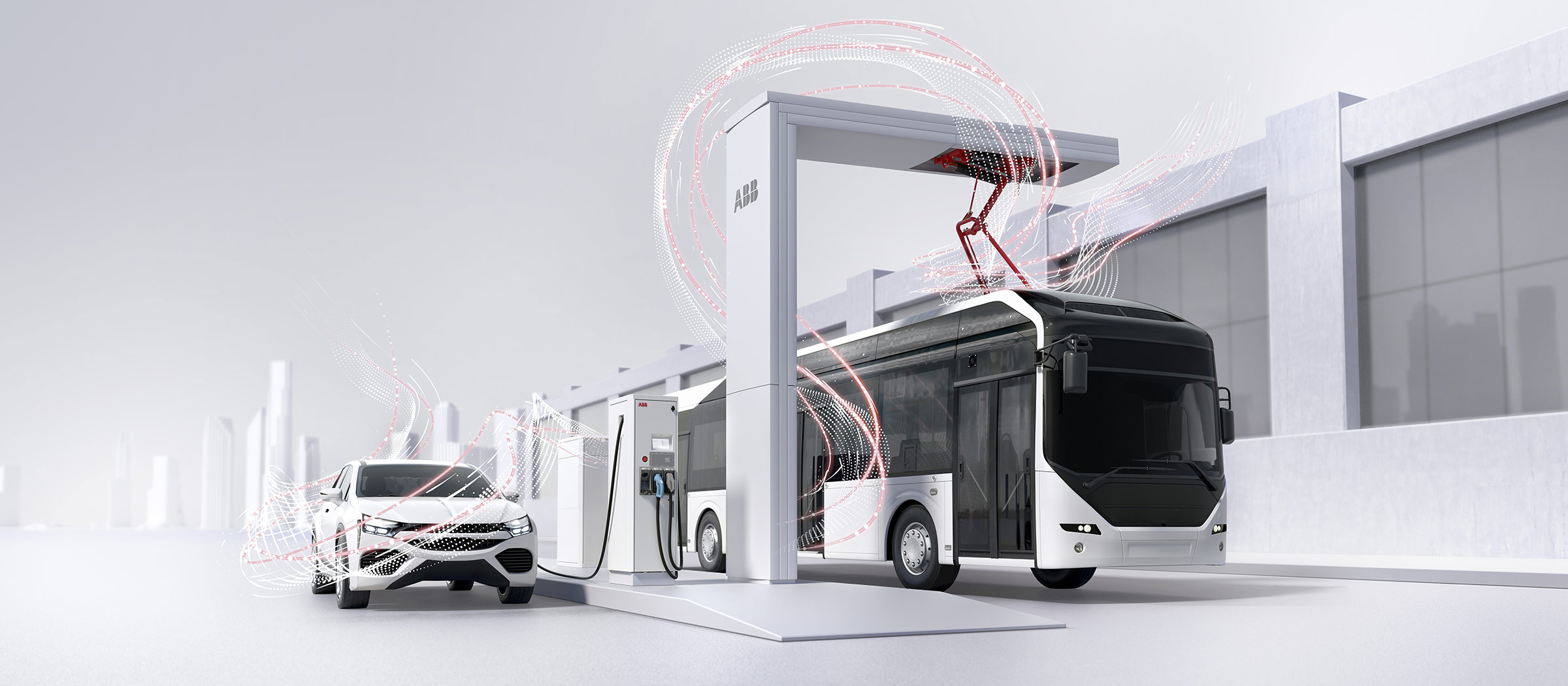CEO letter We can run the world without consuming the earth

Sustainable technologies lie at the heart of ABB’s business. More than half of our global revenues come from solutions that directly address the causes of climate change, and a large part of our value proposition is centered on improving the energy efficiency of our customers’ operations while reducing downtime and waste.
With our ABB Ability™ offering of digital solutions, launched in 2017, we have an innovative and truly digital portfolio for customers in utilities, industry and transport & infrastructure that is based on two clear value propositions: bringing electricity from any power plant to any plug; and automating industries from natural resources to finished products.
As a pioneering technology leader, ABB contributes to the delivery of many of the United Nations’ Sustainable Development Goals (SDGs). We have identified seven where we can have the most impact and we are seeking to maximize our contribution to the specific targets of these SDGs. Our technologies are transforming the way energy is generated and delivered; helping industries increase productivity to generate more jobs and greater prosperity; and improving the urban environment with e-mobility and smart buildings and infrastructure.
For ABB, 2017 was a transition year. We streamlined and strengthened ABB, in accordance with our Next Level strategy, further executing on the plan that began in 2014. Key milestones were the acquisition of B&R (Bernecker + Rainer Industrie-Elektronik GmbH), which closed a historic gap in our automation portfolio, giving ABB the most comprehensive industrial automation offering in the industry; and our white-collar productivity program, which has delivered a simpler, more agile ABB, increased our customer focus, and improved the efficiency of our business and support functions. The launch of ABB Ability – with more than 210 digital solutions – strengthened our global leadership in energy-efficient automation and control for industry, as well as in electrification and power transmission and distribution.
75% lowering
of carbon emissions through our microgrid on Robben Island
These advances were exemplified by the microgrid system we installed on South Africa’s Robben Island, the World Heritage Site and museum where Nelson Mandela was imprisoned during apartheid. The island previously relied on diesel generators but now uses ABB technology to run a solar-hybrid microgrid, operated remotely from Cape Town, nine kilometers away. The microgrid is expected to lower fuel costs and carbon emissions by 75 percent.
Complementing ABB’s expertise in power grids is our leadership in electric-vehicle charging solutions. We have one of the world’s largest installed base of fast-charging stations for electric vehicles, with more than 6,000 in 57 countries, and we are partnering with cities and bus companies all over the world to install high-power charging solutions for electric buses. In 2017, our innovative “TOSA” flash-charging technology, which recharges buses in 20-second bursts at stops while passengers are embarking and disembarking, went into service in Geneva and was chosen for a new bus line in the French city of Nantes.
40% reduction
in the need for onboard fossil fuel using our Azipod ship propulsion units
ABB’s sustainable transport solutions extend to railways and trains, as well as to oceangoing tankers, freighters and cruise ships, which increasingly use electric propulsion to ply the world’s waters more cleanly and efficiently. ABB’s propulsion units, known as Azipod systems, power vessels with steerable, high-efficiency, electric-drive propellers that makes ships significantly more maneuverable and can reduce the need for onboard fossil fuels by 40 percent or more.
ABB supports the Paris Agreement and views it as a critical opportunity to accelerate the shift to renewables and e-mobility as well as dramatically improve energy efficiency. ABB’s commitment to a sustainable future underlies our full participation in the UN-led “Sustainable Energy for All” initiative.

ABB’s efforts to drive safety and integrity continued in 2017. We refined our targets for safety and security according to a single metric to strengthen our focus on reducing injuries, and introduced a single ISO-compliant HSE (health, safety and environment) management system. We made progress on reducing injuries – 91 fewer incidents than were recorded in 2016 – but tragically three people died working for ABB last year. It is our clear objective to eliminate fatalities and to bring injuries down to negligible levels and we will not rest until this is achieved.
Following the unfortunate embezzlement scheme that was exposed in our South Korean subsidiary in February 2017, the company took swift and decisive action. We identified the relevant control issues and remediated the material weakness in our internal controls and replaced the management team in South Korea.
Our robust sustainability framework, adopted in 2013, prioritizes pioneering technology, responsible operations and responsible relationships. It clearly articulates how ABB creates value across a wide range of stakeholder issues. In 2017, we consulted with both internal and external stakeholders on our nine current sustainability objectives to explore how these measures and targets could be updated and improved. That process resulted in many of the reporting changes described in this report. For the first time, we have introduced ambitious targets to reduce greenhouse gas emissions and improve gender equality in our senior management team.
Sincerely,

Ulrich Spiesshofer
Chief Executive Officer